Conceptual photography is a field that fascinates and frustrates photographers, in equal measure. Whether it’s about the skills required to compose a shot, or coming up with a clever concept, it can be challenging to master this art. Let us help you develop an eye for composition with a few useful tips.
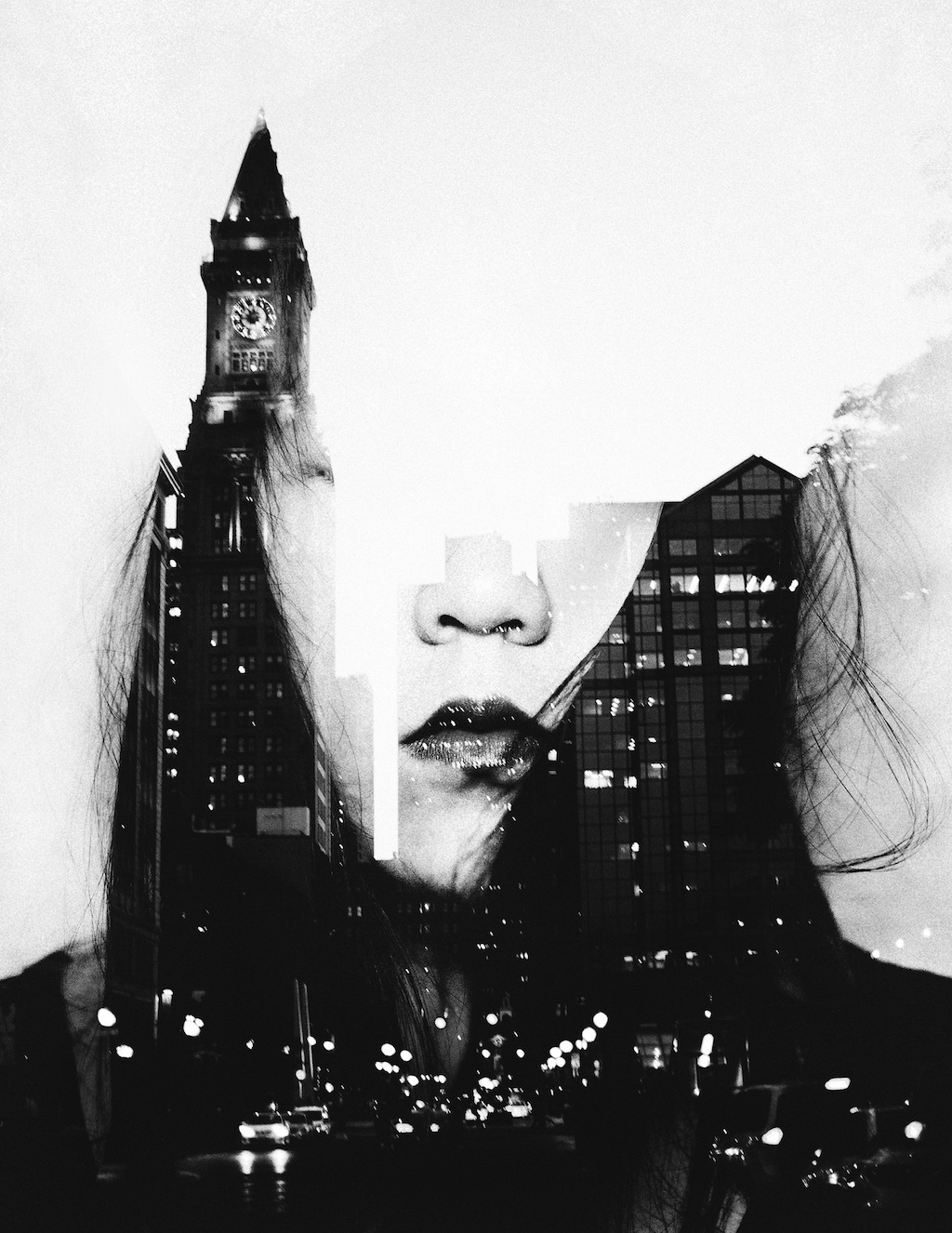
Becoming Boston, Canon EOS 5D Mark II, EF50mm f/1.8 STM, f/1.8, 1/125 sec, ISO 1000 by Emily Moy
How does one begin exploring the fascinating world of conceptual photography? It’s actually not as daunting as it might seem. Read on to learn how to start thinking like a conceptual photographer.
The Concept
It all starts with your idea. Think about what you are trying to say in your photograph and let the ideas flow. Inspiration could come from issues and events that move you, from the political to the personal, as you translate your thoughts into a captivating photo.

The Other Side, Canon EOS 7D, EF28mm f/1.8 USM, f/16.0, 1/80 sec, ISO 160 by Tamara Álvarez
Symbols and Props
Always keep an open mind because sometimes, it’s the things around you that provide the inspiration you’ll need. Once an idea is formed in your head, think about what you’ll be working with. Here, originality is key. Use wit and cleverness to avoid clichés so that your imagery truly stands out.
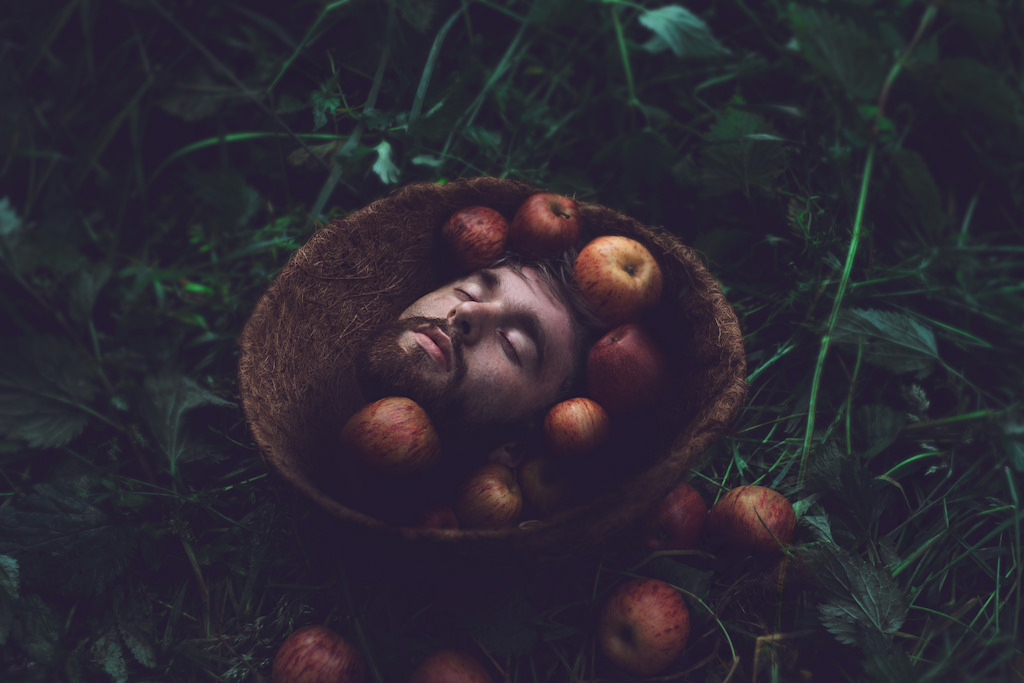
The Strange Apple, Canon EOS 1000D, EF50mm f/1.8, f/2.5, 1/320 sec, ISO 100 by Nathan Magee
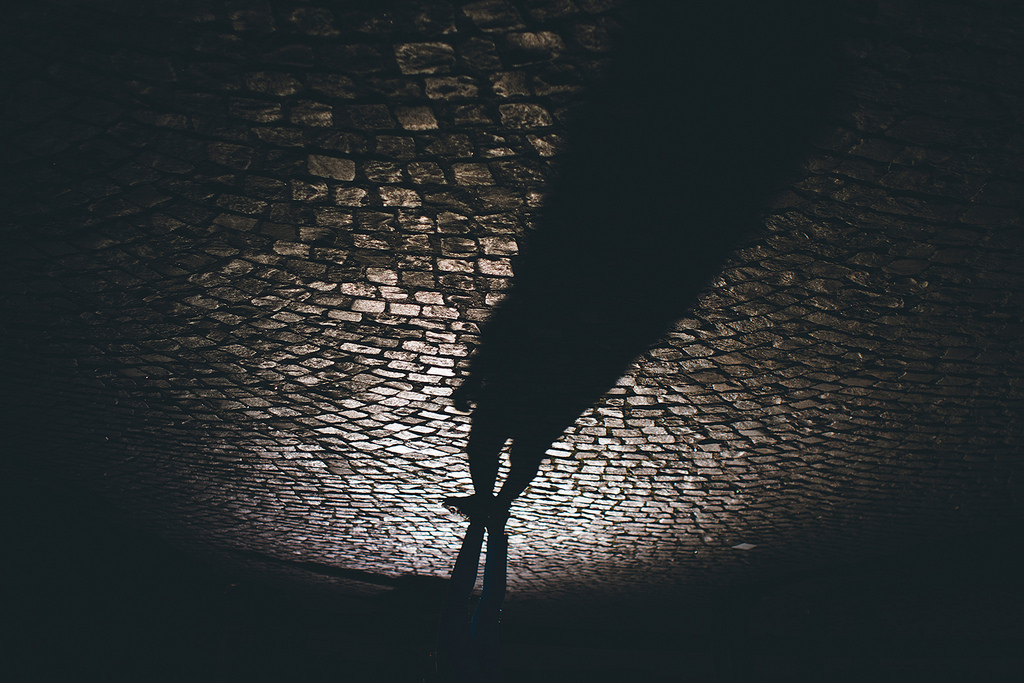
Paris, October 2015., Canon EOS 7D, EF28mm f/1.8 USM, f/1.8, 1/80 sec, ISO 320 by Tamara Álvarez
Composition
This is where conceptual photographers get to showcase their personal style. While most prefer to keep their compositions simple – clean imagery with blank backgrounds – some push the boundaries with photos filled with people, objects and symbols, all presenting different concepts that intermix to form complex conceptual landscapes.

Neglected, Canon EOS 5D Mark II, EF50mm f/1.4 USM, f/2.0, 1/8000 sec, ISO 400 by Jairo Murillo
Getting Technical
Since the focus of this type of photography is the concept, it is much easier for amateur photographers to get into. Nonetheless, clean and well-executed shots are a must, as well as a good grasp on exposure, ISO and other controls. Knowing how to fiddle with the f-stop and manual focus will also come in handy when shooting small objects. Lighting is crucial as ever, especially for indoor shoots to control highlights and shadows.
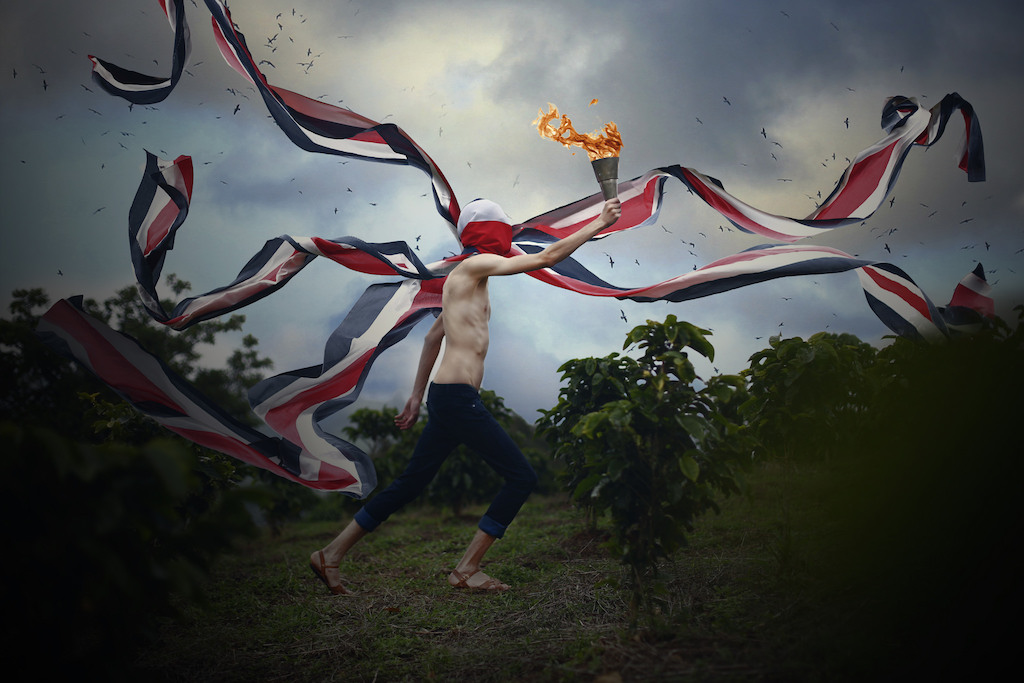
We are free!, Canon EOS 5D Mark II, EF50mm f/1.4 USM, f/2.0, 1/2000 sec, ISO 100 by Jairo Murillo
Aesthetics
Let’s face it, beauty draws everyone in. Subconsciously your viewer will find a beautiful object more attractive than if it was presented in an ugly way. However, beauty alone cannot replace good composition, especially when it revolves conceptual photography. If your concept calls for the viewer to see the beauty in ugly, then deliberately ugly images could be employed to good effect.
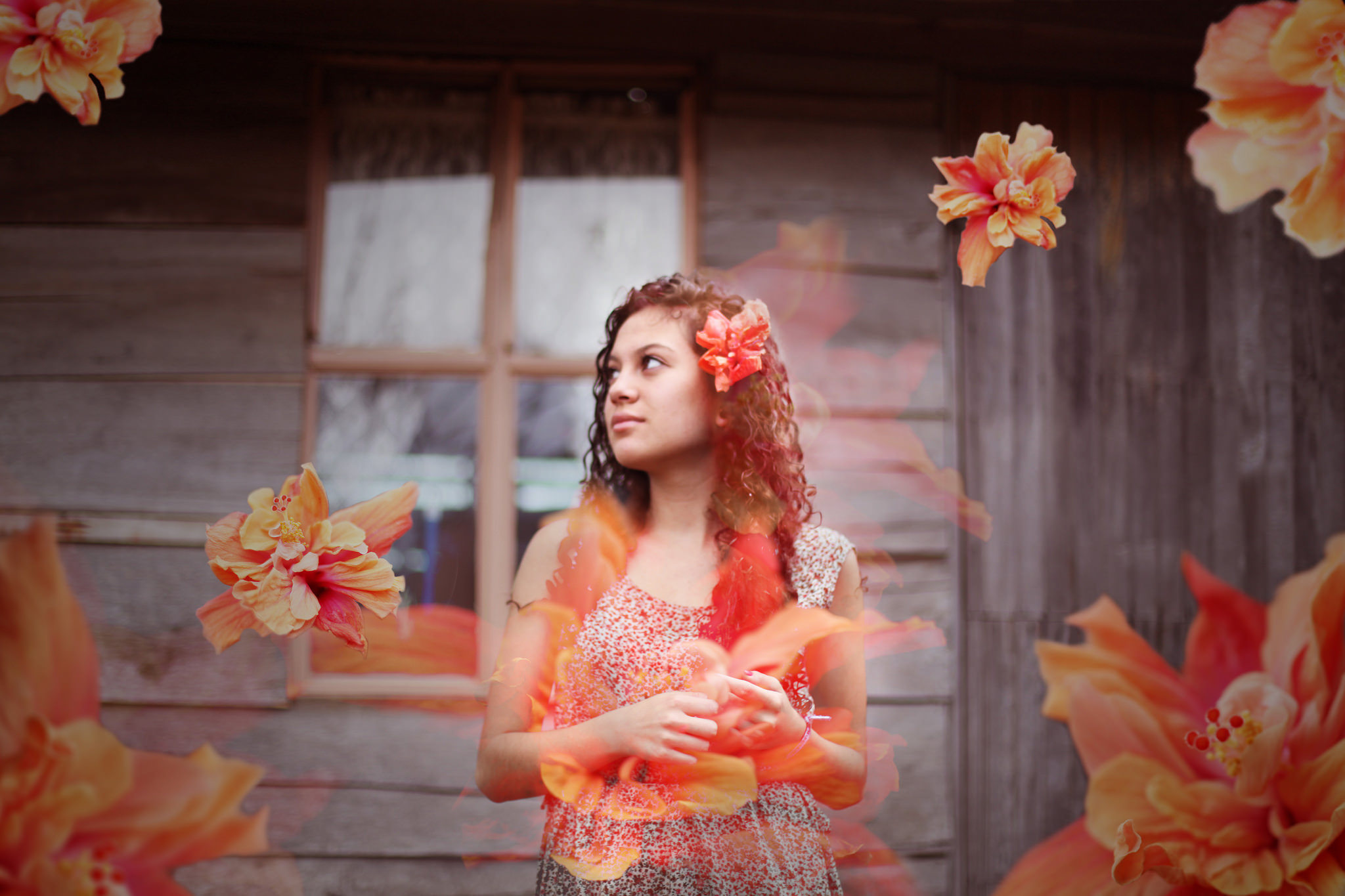
Primavera/Spring, Canon EOS 5D Mark II, EF50mm f/1.4 USM, f/1.4, 1/1600 sec, ISO 100 by Jairo Murillo
Profile of author

Azmin Zainal
Azmin Zainal has been in love with the written word ever since she could well, read. Relatively new to all things digital, so show her some love. Still searching for the meaning of life, whatever that is. Loves coffee, good conversations, fried chicken and Roger Federer. Not necessarily in that order.

































